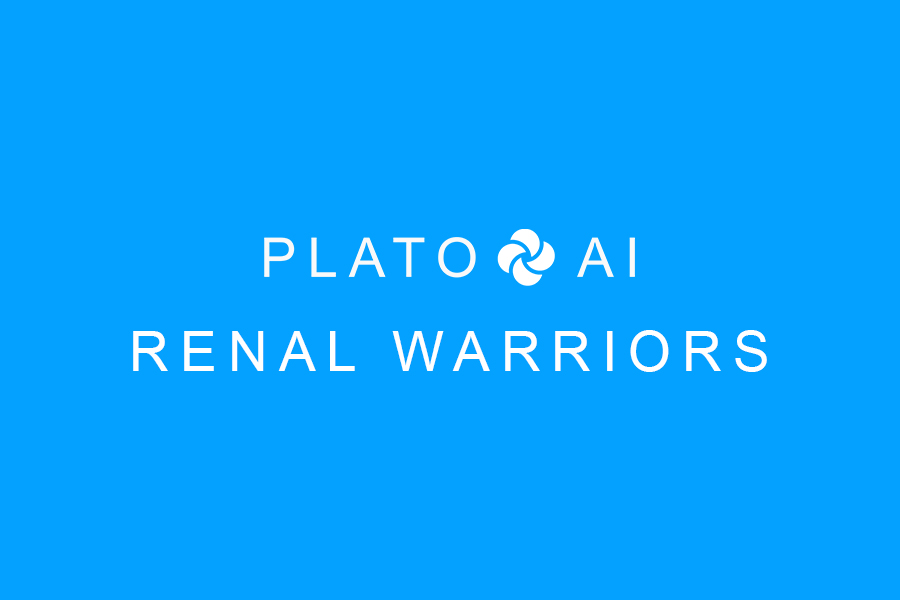Kidney cancer is a serious and potentially life-threatening disease that affects thousands of individuals each year. While treatment options for kidney cancer have improved in recent years, making decisions about the best course of action can still be overwhelming for patients and their loved ones. Shared decision making, a collaborative approach between patients and healthcare providers, can help ensure that the best possible treatment plan is chosen.
Shared decision making involves a partnership between patients and healthcare providers, where both parties work together to make decisions about treatment options based on the patient’s values, preferences, and goals. This approach recognizes that patients are experts in their own lives and encourages them to actively participate in their care.
When it comes to kidney cancer, shared decision making can be particularly important due to the variety of treatment options available. These options may include surgery, radiation therapy, chemotherapy, targeted therapy, immunotherapy, or a combination of these treatments. Each option comes with its own set of risks and benefits, and what works best for one patient may not be the best choice for another.
To effectively collaborate on treatment decisions, patients should be prepared to ask questions and share their concerns with their healthcare team. It’s important for patients to understand their diagnosis, the stage of their cancer, and the potential outcomes of each treatment option. Patients should also consider their personal values and goals when making decisions about their care.
Healthcare providers play a crucial role in shared decision making by providing patients with accurate and up-to-date information about their condition and treatment options. Providers should take the time to listen to their patients’ concerns, answer their questions, and involve them in the decision-making process. By working together, patients and providers can develop a treatment plan that is tailored to the individual needs of the patient.
In addition to involving healthcare providers, patients may also benefit from seeking support from family members, friends, or support groups. These individuals can provide emotional support and help patients navigate the complex decisions that come with a kidney cancer diagnosis.
Overall, shared decision making is a valuable tool in the fight against kidney cancer. By collaborating with healthcare providers and loved ones, patients can make informed decisions about their care that align with their values and goals. This approach can lead to better outcomes and improved quality of life for individuals facing kidney cancer.
- The Renal Warrior Project. Join Now
- Source: Plato Data Intelligence.
- Source: https://renal.platohealth.ai/together-for-kidney-cancer-shared-decision-making-action-kidney-cancer/

